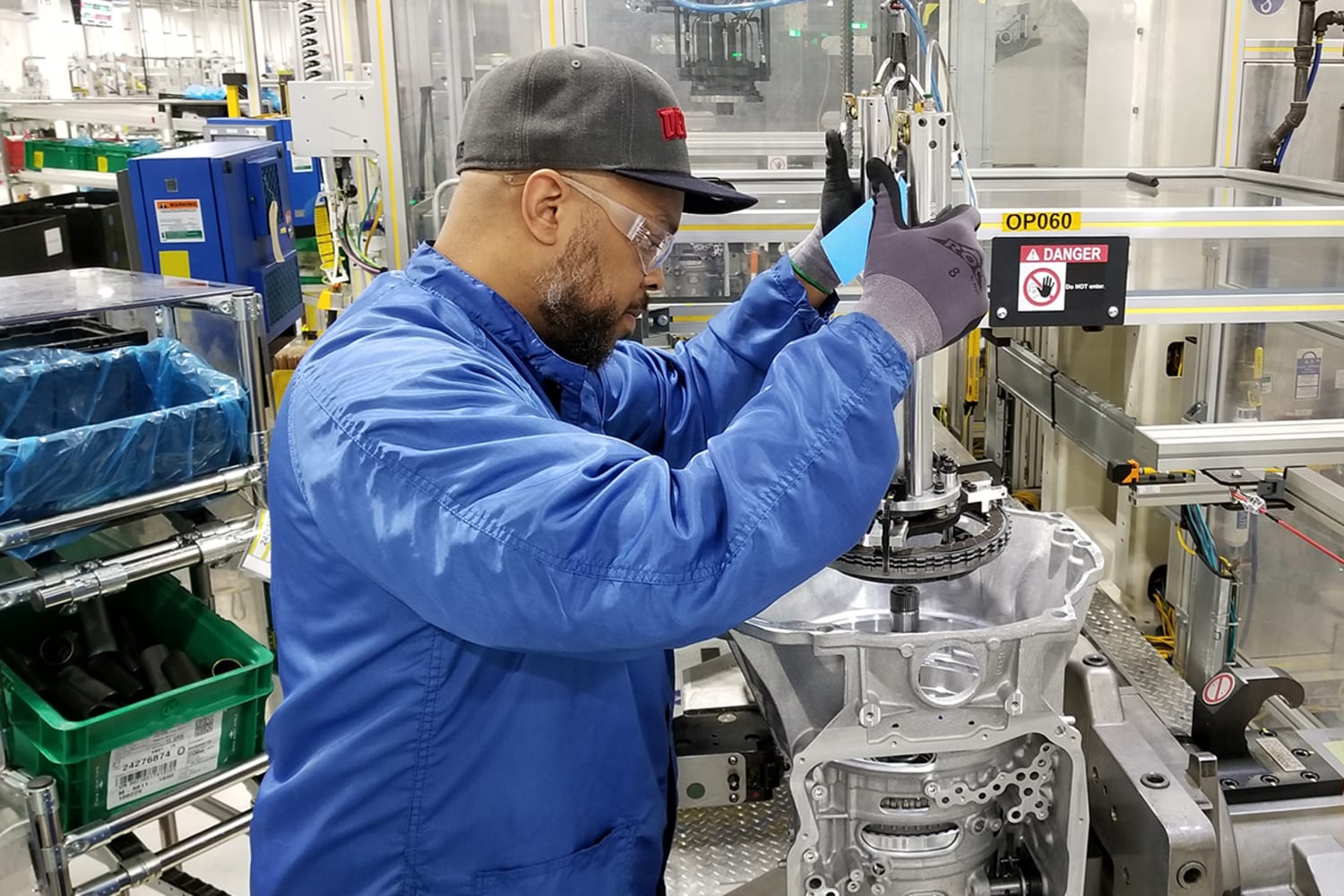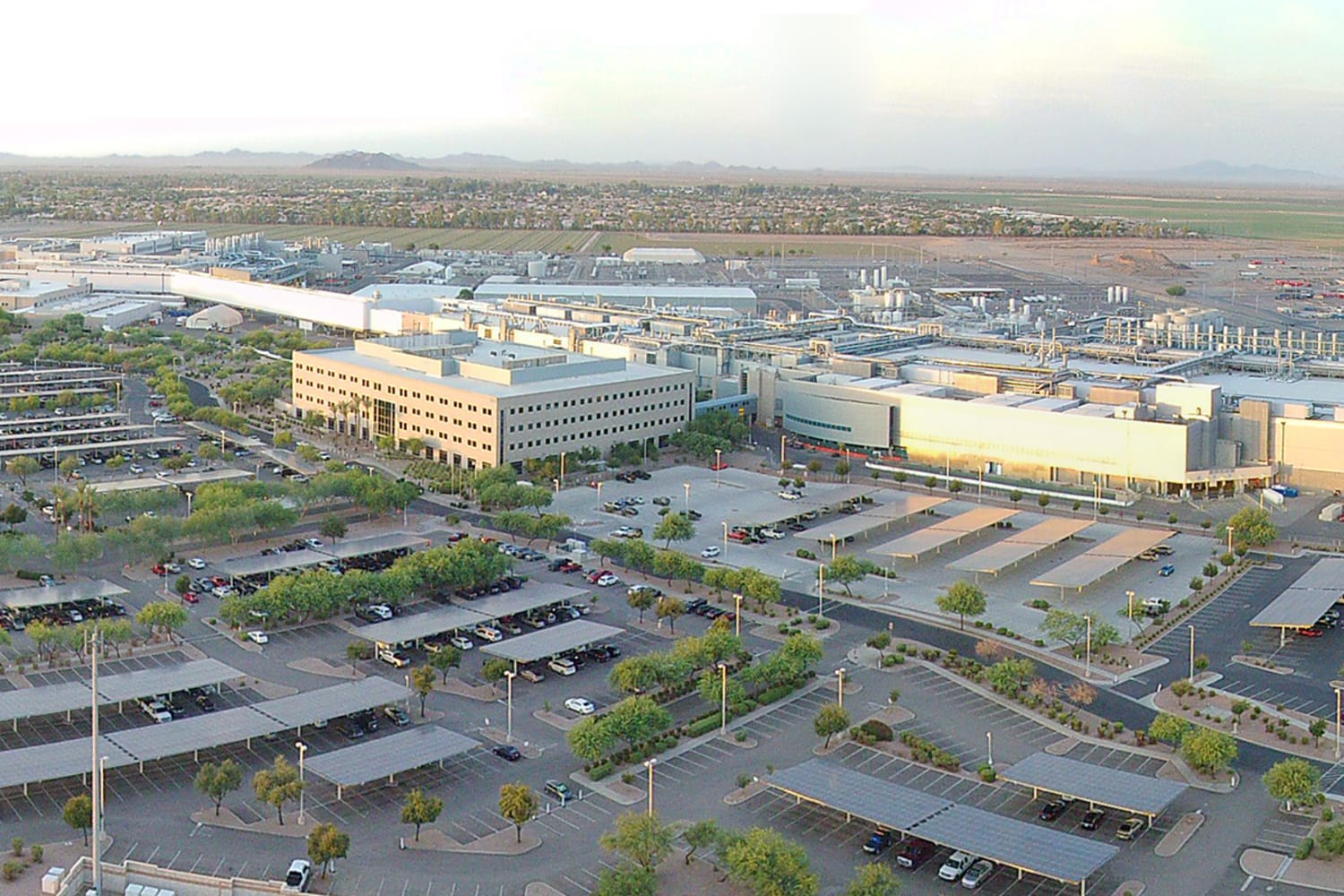Ever since the birth of ecommerce, the retail industry has been steadily extending its boundaries. “The last 25 years have seen an increase in globalization and inter-dependency, a massive increase in travel and more complex supply chains in businesses,” George Wallace, chief executive of MHE Retail, tells Wunderman Thompson Intelligence. But that’s starting to change. “There are signs of a greater preference for locally supplied goods and simpler supply chains,” Wallace shares.
Domestic production is picking up steam. US manufacturing reached a 37-year high in March 2021, according to the Institute for Supply Management. In February, President Biden ordered a review of American supply chains to see where foreign production can be brought back to the United States. And a wave of leading manufacturers is propelling the boom with substantial investments in US factories and products.





